Africa rising Global focus on G20 and US engagement
- Update Time : Monday, December 2, 2024
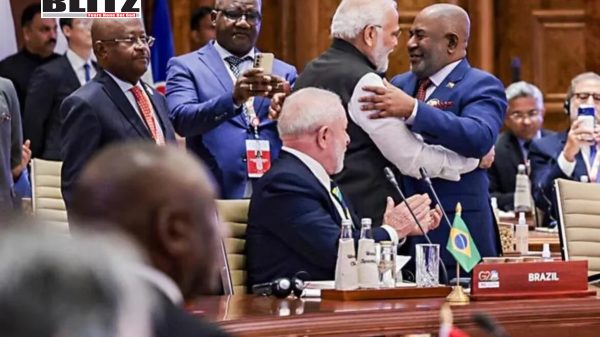
Africa, often overlooked on the global stage, is poised to command significant international attention in the coming days. With South Africa set to assume the G20 presidency and US President Joe Biden making his first presidential visit to Angola, the continent is making strides toward greater global political and economic recognition. These events highlight Africa’s growing importance, both as an economic powerhouse and a strategic geopolitical player.
For the first time in the history of the G20, an African nation will take the helm. South African President Cyril Ramaphosa has expressed his commitment to leveraging this opportunity to showcase Africa’s vast economic and political potential. Over the next year, South Africa will host approximately 130 meetings aimed at fostering dialogue on key global issues, with a particular focus on African priorities.
This historic milestone comes at a time when Africa’s demographic and economic potential is becoming increasingly evident. Dubbed the “young continent,” Africa’s population is remarkably youthful, with nearly two-thirds under the age of 30 and 40 percent under 14. By 2050, the continent’s population is projected to double, reaching 2.8 billion. This demographic growth is creating an expansive consumer market, driving demand for goods and services, and positioning Africa as a potential driver of global economic growth.
Simultaneously, President Biden will embark on a three-day visit to Angola, marking a significant milestone in US-Africa relations. Biden’s visit is the first by a US president to Angola and his first visit to sub-Saharan Africa during his presidency. His trip underscores the growing recognition in Washington of Africa’s strategic importance in the evolving global order.
Currently, Africa accounts for just over 1 percent of US foreign trade, dominated by petroleum imports from Nigeria and Angola. However, Biden is determined to change this narrative. His administration has signaled its intention to strengthen ties with Africa, exemplified by the African Leaders Summit held in Washington in 2022. This summit was the first of its kind in eight years, highlighting the US’s renewed focus on the continent.
Biden’s visit to Angola is also part of a broader US strategy to counter China’s growing influence in Africa. For decades, China has been Africa’s largest trading partner, with trade volumes reaching a record $282 billion in 2023. Beijing’s substantial investments in infrastructure projects, such as roads, railways, and public housing, have solidified its economic presence across the continent.
Angola, Africa’s second-largest oil exporter, has been a significant beneficiary of Chinese loans, borrowing approximately $17 billion to finance infrastructure projects. However, the country is now diversifying its economic partnerships, providing the US with a crucial opening to strengthen bilateral relations.
Biden’s choice of Angola as the centerpiece of his African visit is deliberate. The country’s natural resource wealth and strategic location make it a key player in the region. The US has already partnered with Angola on the Lobito Corridor initiative, announced at the G7 summit in 2023. This project aims to modernize a 1,300-kilometer transport route connecting the Democratic Republic of Congo (DRC) and Zambia with global markets via Angola’s Lobito port.
The Lobito Corridor represents a potential blueprint for Western engagement in Africa, offering an alternative to China’s Belt and Road Initiative (BRI). By providing high-quality infrastructure investments, the U.S. hopes to build long-term partnerships with African nations while addressing their development needs.
Africa’s strategic importance extends beyond its economic potential. The continent’s vast natural resources, including critical minerals such as cobalt and copper, are essential for the global transition to clean energy. Both the US and China recognize the geopolitical significance of securing access to these resources, particularly as demand for electric vehicles and renewable energy technologies continues to grow.
China’s dominance in Africa’s mining sector is exemplified by the Tazara railway, which transports minerals from Zambia and the DRC to the Tanzanian port of Dar es Salaam. Earlier this year, China announced a $1 billion plan to rehabilitate this railway, reinforcing its commitment to deepening economic ties with Africa.
In contrast, the US is playing catch-up. Initiatives like the Lobito Corridor signal a shift in Washington’s approach, emphasizing collaboration with African governments and financial institutions. However, the US faces significant challenges in overcoming decades of neglect and rebuilding trust with African nations.
Biden’s visit to Angola and South Africa’s G20 presidency are symbolic of a broader recognition of Africa’s global importance. However, sustaining this momentum will require consistent engagement and tangible results. African leaders have expressed concerns about the potential for US policy to shift under future administrations, particularly if Donald Trump, who deprioritized Africa during his presidency, returns to the White House.
To build enduring partnerships, the US must demonstrate a genuine commitment to Africa’s development and address pressing issues such as debt sustainability, climate change, and access to education and healthcare. Moreover, fostering economic ties beyond the oil and gas sectors will be crucial for diversifying US-Africa trade relations.
As South Africa assumes the G20 presidency and President Biden highlights Africa’s potential during his visit to Angola, the continent is stepping into the global spotlight. These events underscore Africa’s growing influence in shaping the global political and economic landscape.
For the US and the wider West, engaging with Africa is not merely a matter of countering China’s influence. It is an opportunity to support the continent’s aspirations for sustainable development and prosperity. By investing in Africa’s future, the West can help unlock the immense potential of the “young continent” while fostering a more inclusive and equitable global order.
Africa’s time on the global stage has arrived. As the world grapples with pressing challenges such as climate change, economic inequality, and geopolitical tensions, the continent offers a source of hope, resilience, and opportunity. Whether the West can rise to this challenge remains to be seen, but one thing is clear: Africa’s role in shaping the 21st century is only beginning.



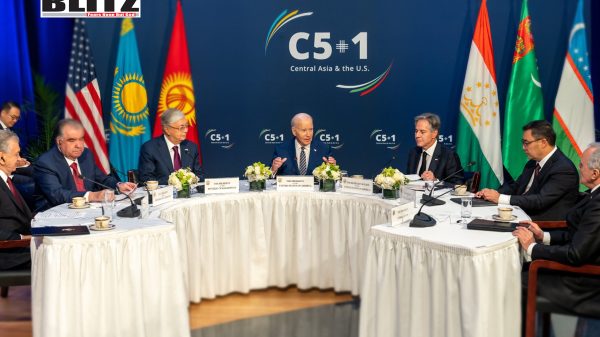

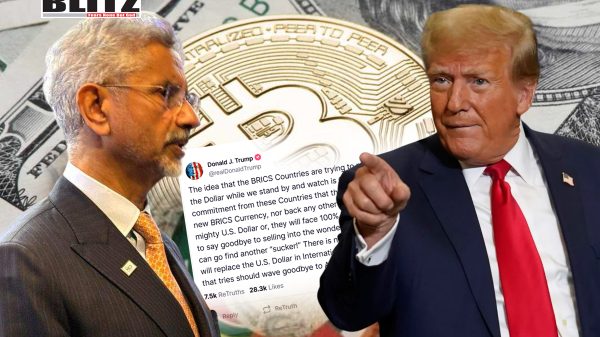

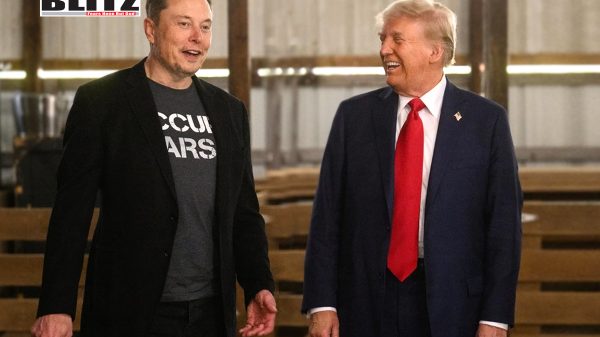
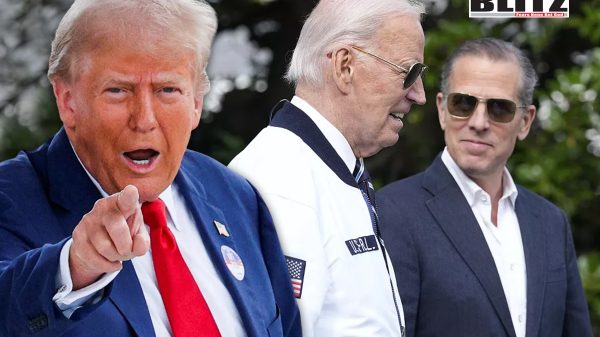
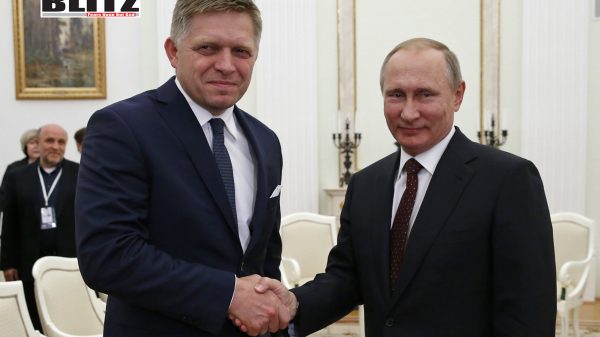
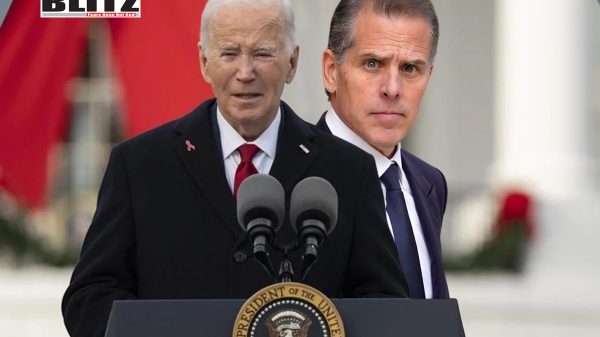

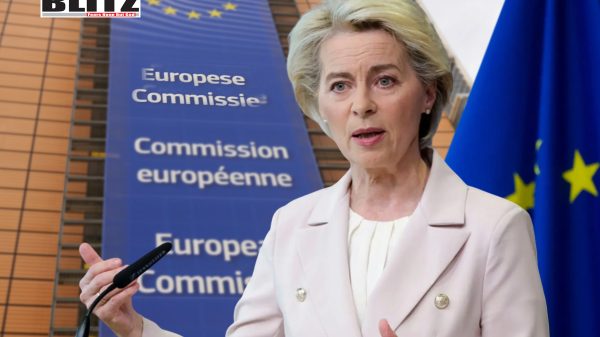
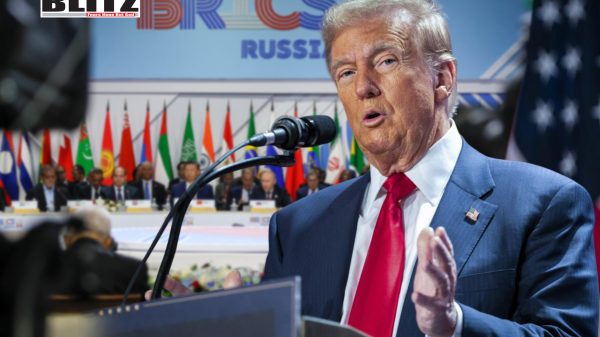
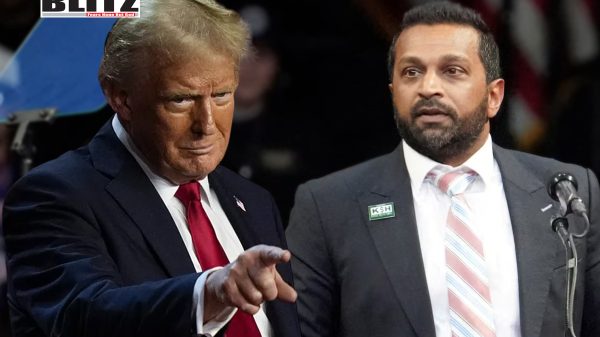

Leave a Reply